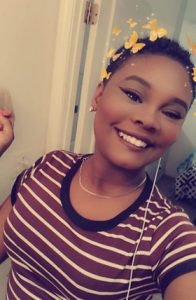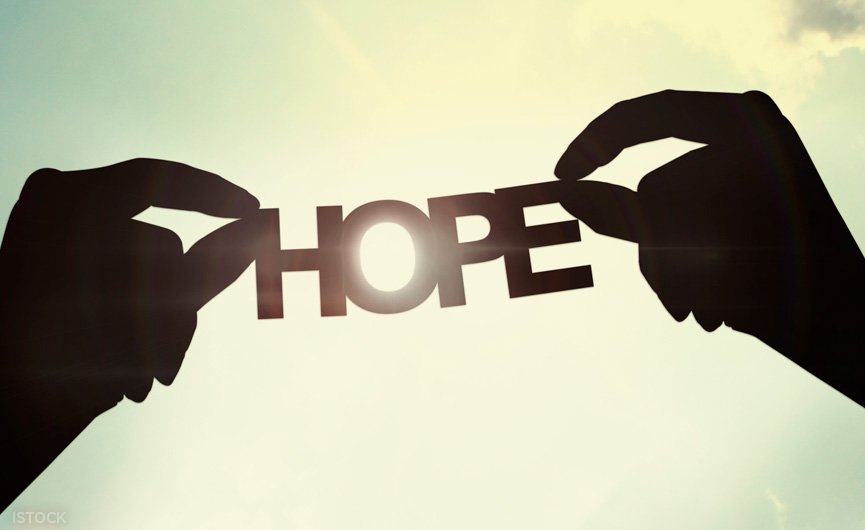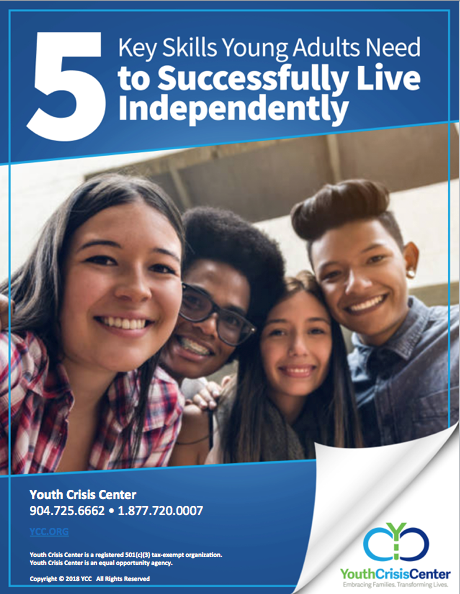Something Was Wrong

Justice’s parents could tell, even as a child, that their bright and precocious daughter was struggling with something. They didn’t know what it was, and she couldn’t explain it. They had her tested for everything from ADD to autism and nothing showed up. When Justice turned 12, her behavior was so extreme that she had to be hospitalized, where she was then diagnosed with depression and anxiety. Her diagnosis, however, did not mean she was cured; and, over the next five years, her condition led to increasing conflicts with her family and additional hospitalizations. Her mother began to fear their home did not feel safe for the rest of the family, so Justice moved out. “A lot of the time – when I was going through my depression – I didn’t want to seem needy or ask for help,” explains Justice. “I wanted to handle it myself, but I really wasn’t handling it.”
The Village That Gave Her a Voice
Justice heard about the Youth Crisis Center’s Touchstone Village and was eager to see if she qualified for the program. Touchstone Village provides transitional living services to young adults ages 18-21 who may be homeless or in a variety of other situations that limit self-sufficiency. Residents live in their own efficiency-sized apartment for a monthly nominal fee. Residents also receive life skills training, career development training and academic monitoring and support. Mental health services are available as needed. The goal is to assist residents in developing skills necessary for self-sufficiency.
Justice qualified for an apartment, but it was the mental health counseling that was critical to helping her realize she needed to be responsible for her own future. She had to learn to take her medication and manage her depression and anxiety herself if she wanted to be independent and live on her own successfully. Justice finished high school, found a full-time job and enrolled as a part-time college student. “As an adult, if I don’t take care of myself and I lose my job, then I won’t be able to pay my bills or have a place to live,” acknowledges Justice. “I love being able to make my own decisions and buy what I want, so it’s very important that I stay on track.”
You Can’t Press Pause on Your Life
Justice encourages other young people and their families to be proactive about mental health. She believes that mental health issues should be addressed and managed at a young age, before a person needs hospitalization or begins to experience suicidal thoughts. According to the World Suicide Prevention Day website, suicide is responsible for over 800,000 deaths, which equates to one suicide every 40 seconds. Justice admits it is hard for a young adult to ask for help. “You don’t want to appear different to your friends because you have to take medication or go to a counselor,” adds Justice. She says friends or family can be supportive by simply telling that person they are loved, appreciated and valued. For young adults battling depression, she encourages them to educate themselves, seek out counseling or medication, or even find a form of spiritualty. “You can’t pause your life because you have a mental illness or something,” insists Justice. “You have to be able to say, ‘Whatever happened to me is part of who I am. My life is what I make of it and I want mine to be great.’”
If you know of a young adult between the ages of 18 – 21 who is struggling to become self-reliant and independent, YCC can provide transitional living services through our Touchstone Village program. Click to learn more about Touchstone Village and the 5 Key Skills Young Adults Need to Successfully Live Independently.


